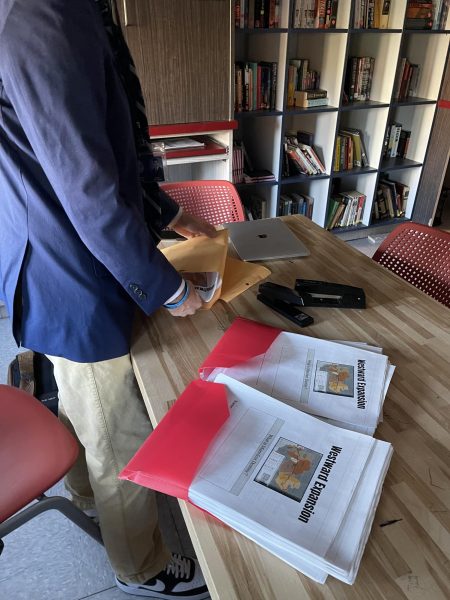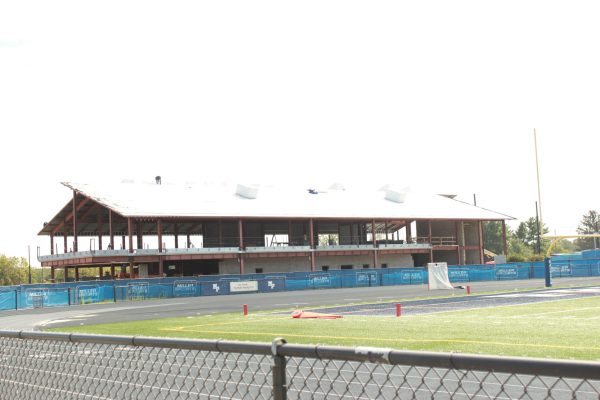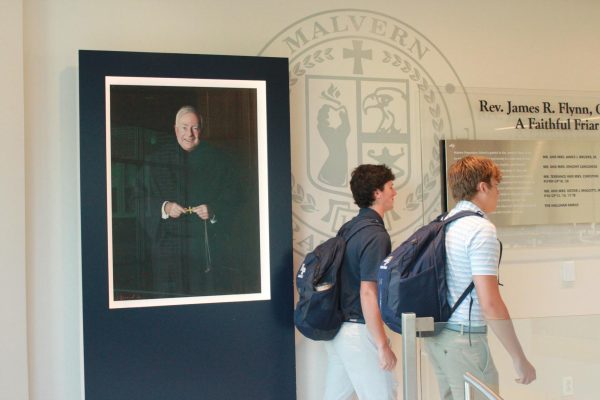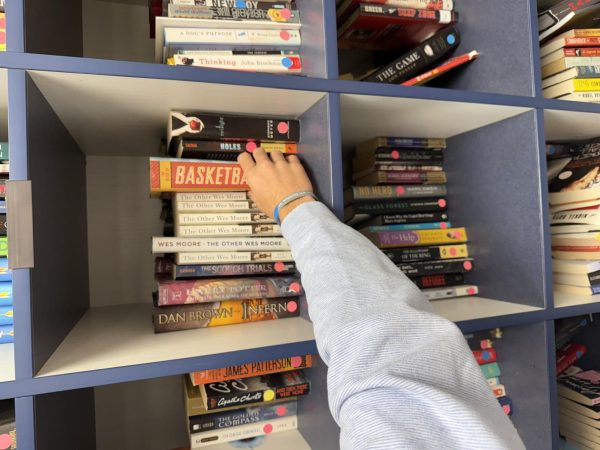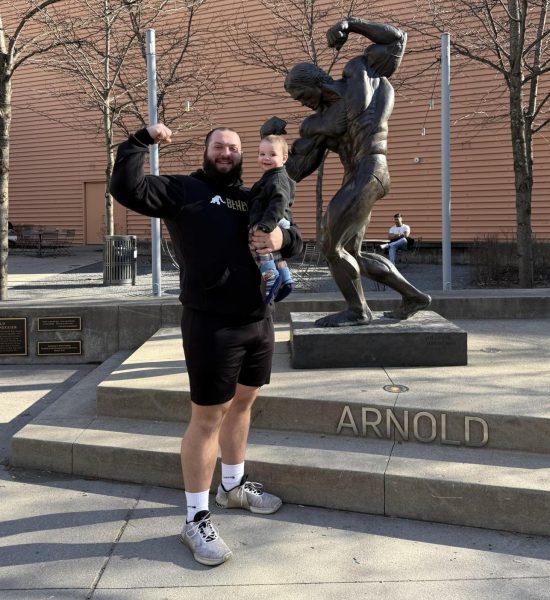Local Students Respond to Varied Learning Experiences
From a full five days a week, to completely online, schools and students throughout the area have had different responses to reopening due to COVID-19.
When comparing students who are a full five days a week to a completely online format, the difference in quality of education, social interaction, and overall mood is quite substantial. Episcopal Academy is at 100% capacity and in school five days a week, unlike Downingtown West, who are completely online until November.
“I am very happy to physically be back in a classroom because obviously I get to be with my friends again and also the ability to better understand & learn subjects than staring at a screen at home.” EA junior Amanda Purcell said when asked about her current learning situation.
In contrast, Downingtown West student, Shelby Hale ’22, had different thoughts.
“It’s honestly not the best. The added difficulty of not having easy access to resources such as teachers or tutors, and of course the simple fact that you miss physically being in school are really hard to get past,” Hale said.
The new restrictions while in school have presented new challenges for learning and in most cases increased the difficulty of an “average” school year.
“I feel like junior year itself is more difficult and the same level of work than a usual year for subjects,” Purcell said, “but the added difficulty with the restrictions for learning and enjoying being in school obviously make it harder.”
Hale and other Downingtown West students understand the increased difficulty, and probably feel the effects of these changes much greater than students who are physically present in school.
“This year is 100% harder than a normal year. We basically have to learn on our own without the readily available assistance of teachers,” Hale said “And of course the distractions at home can be pesky & hard to focus with.”
Both students, although in very different situations, had similarities when asked about how their teachers are adapting to this new environment.
“I think they are adapting to the best of their abilities, especially with EA’s schedule changing, class times can fluctuate, which can interrupt lesson plans,” Purcell said.
Similarly, Hale said, “The teachers have adapted well to the change because they have figured out how to work Zoom well, there are little technical difficulties, and they are actually posting assignments online more efficiently than prior to COVID.”
Naturally, every student would love to be back fully with their classmates, in a COVID-free world, but through these hardships, students have found benefits from their new reality. Both Hale & Purcell agreed that they have felt an improvement in their time management & organizational skills while working in these different formats.
“I learned how to be more organized and not procrastinate as much as I did in the past. My time management skills definitely improved,” said Hale
In addition to these very different procedures of learning instruction, some schools are a mix of both in person and virtual learning. Marple Newtown High School is one of those schools attempting the hybrid model for education in response to the pandemic.
“Being in this hybrid model, I have to say I am not a fan of it and would much rather be 100% back in school than continuing to have virtual classes,” said Marple Newtown Junior Nikki Mostardi.
“Teachers are having a tough time adapting to teaching online & with everyone using the same technology it lags & makes it hard to focus.” she said. “I am still thankful to have a little in person right now, and besides, not having to get out of bed is always a plus.”
At the end of the day, every school is different in how they approach their reopening plans and how every student might feel will vary greatly. The overall commonality amongst these schools and students is that, although they have a great deal of obstacles to overcome, they continue to find the benefits and blessings of their realities.


